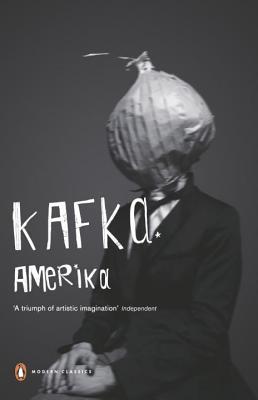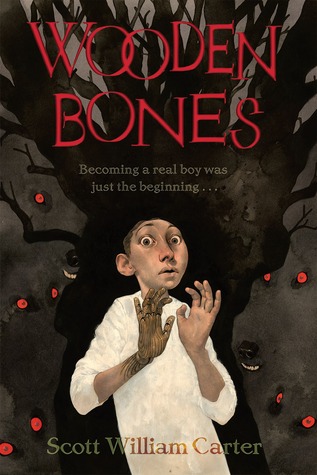 Given the sort of novels I generally go for, it will probably come as a bit of a surprise that this is the first Kafka novel I have ever finished. And given that I’ve never read Kafka before, my statement just now was based completely on the plot plot (i.e. plotting the shape of plots on a graph) of Kafka’s novels by Kurt Vonnegut (as seen in A Man Without a Country). To save you the work of tracking a copy down (though we do have it!), here’s how he described Kafka’s Metamorphosis:
Given the sort of novels I generally go for, it will probably come as a bit of a surprise that this is the first Kafka novel I have ever finished. And given that I’ve never read Kafka before, my statement just now was based completely on the plot plot (i.e. plotting the shape of plots on a graph) of Kafka’s novels by Kurt Vonnegut (as seen in A Man Without a Country). To save you the work of tracking a copy down (though we do have it!), here’s how he described Kafka’s Metamorphosis:
A young man is rather unattractive and not very personable. He has disagreeable relatives and has had a lot of jobs with no chance of promotion. He doesn’t get paid enough to take his girl dancing or to go to the beer hall to have a beer with a friend. One morning he wakes up, it’s time to go to work again, and he has turned into a cockroach... It’s a pessimistic story.
Who wouldn’t want to read that?*

